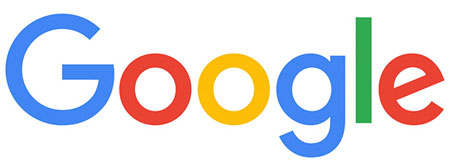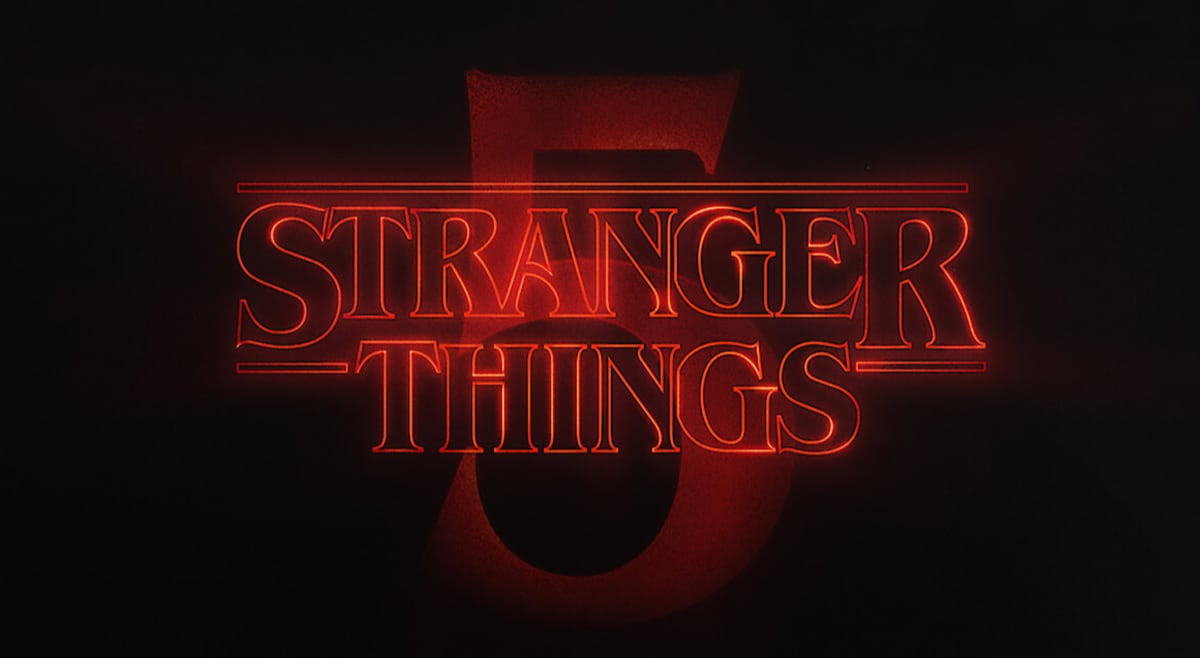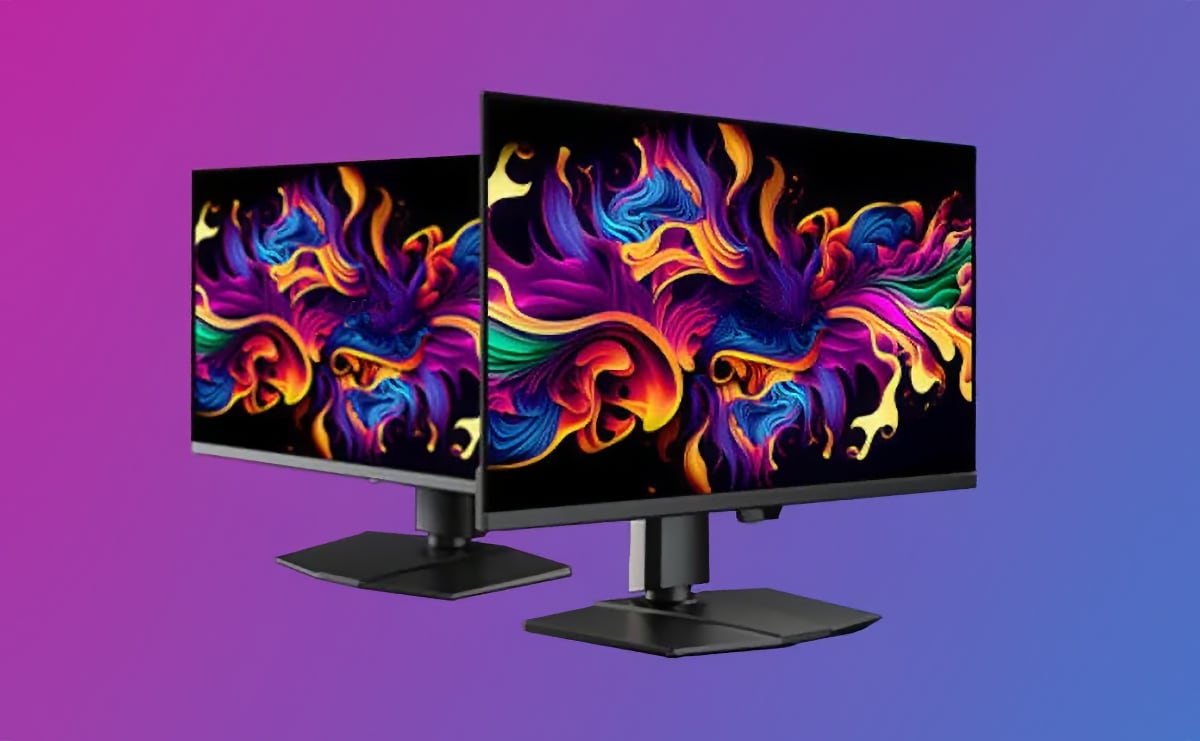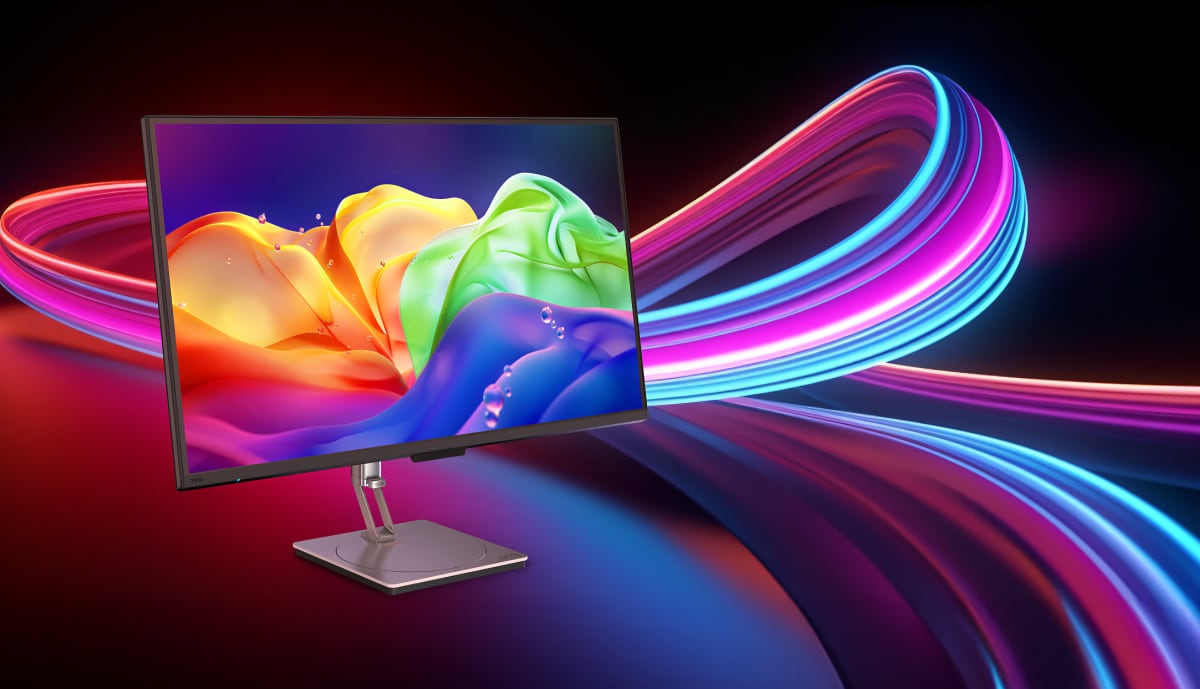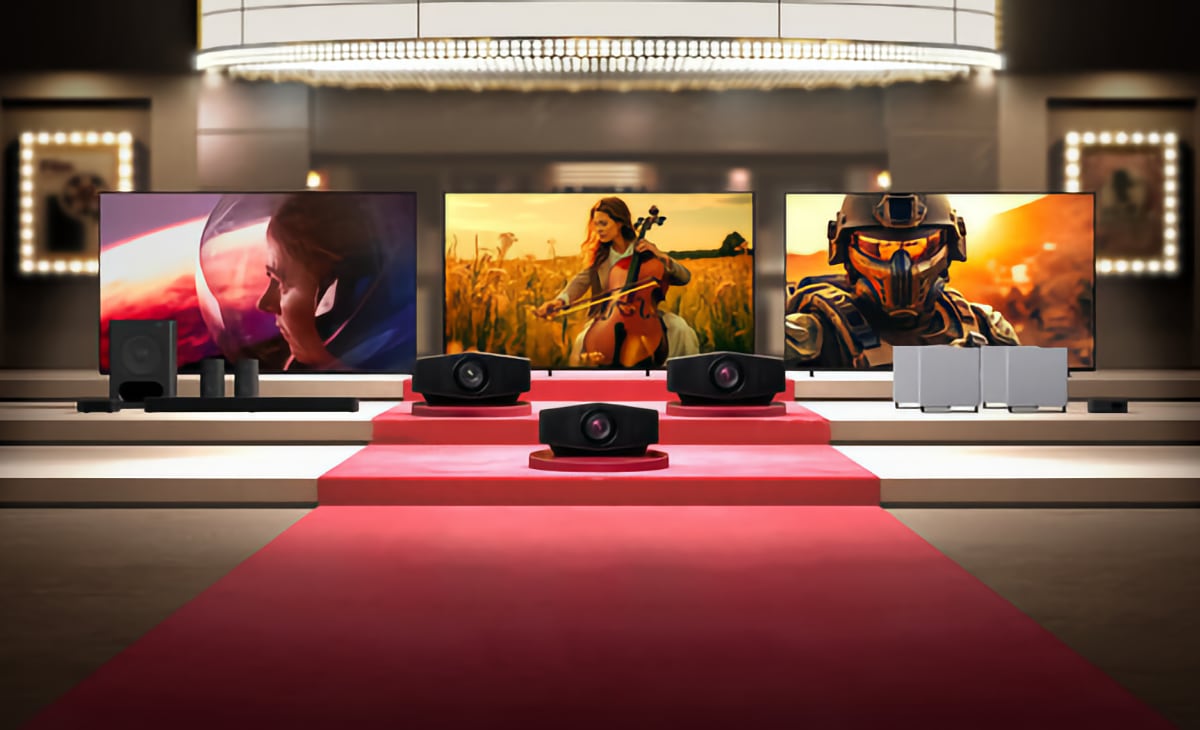Google recently started rolling out its VP9 to improve picture quality, reduce bandwidth, and make videos start faster on YouTube. VP9 is an alternative to HEVC but Google is already hard at work on its next-generation VP10, according to CNET.
Ultra HD at half the bandwidth
The latest video codecs such as HEVC and VP9 are said to be capable of delivering the same HD picture quality at half the bandwidth/bitrate compared to last-generation codecs such as MPEG4/H.264. The codecs are also optimized for Ultra HD video.
With VP10 Google once again wants to halve the bandwidth required to deliver high-quality video.
- "We are trying to cut it in half again," said James Bankoski, Google’s engineering manager for Chrome Media to CNET.
- "We're hoping to hit the performance target by the end of next year," Bankoski said, adding that it will take some extra time for partners to implement support for VP10 in products.
Additionally, Google is looking to add better support for wide colors gamuts, HFR (high frame rate) and HDR (high dynamic range) with VP10. Google believes that it can achieve all this with VP10 by increasing hardware processing demands by no more than 40 percent.
HEVC already has support for 4K, HDR, HFR and wider colors gamuts. So can Google succeed with VP10? It is certainly not impossible. HEVC looked strong until a few months ago where a second patent pool announced that they will soon start charging exorbitant rates for using HEVC. That is Google’s window of opportunity.
Below you see a 600 Kbps video stream encoded in the current VP9 format (left) and the old MPEG4/H.264 (right).

VP9 and HEVC are already supported by the latest Smart TVs. For HEVC support you typically need a 2014 or later 4K Smart TV, whereas VP9 is limited to 2015 4K Smart TVs from select brands. Google’s “Android TV” operating system also supports VP9. Netflix and Amazon are already using HEVC to stream 4K content at around 16 Mb/s. The new Ultra HD Blu-ray standard has also opted for HEVC. To stream YouTube in 4K on a Smart TV you need VP9 support.
It will still be a few years before we see VP10 in action but there is reason to be optimistic. It will continue to be free to use for everyone, promises Google.
- Source: CNET

